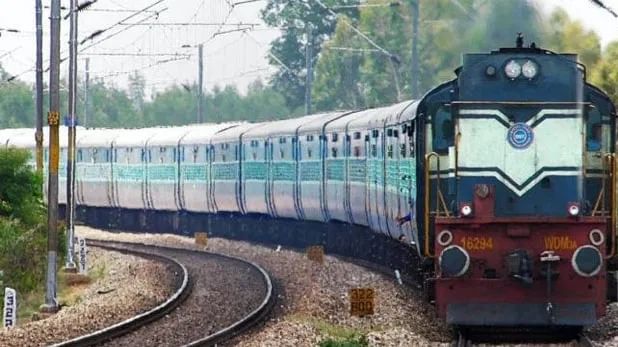The Indian Railwaymen’s Federation (AIRF) has expressed its welcoming response to the central government’s announcement regarding the Unified Pension Scheme (UPS) for central employees. This major initiative, introduced on Saturday, is seen as a significant step towards addressing the long-standing demands of millions of government employees who have been opposing the New Pension Scheme (NPS) and advocating for the return of the Old Pension Scheme (OPS).
Government’s New Initiative: Unified Pension Scheme
The introduction of the UPS has been hailed as a “big gift” by the government to its employees. AIRF General Secretary Shiv Gopal Mishra elaborated during a press conference on Sunday that members of the National Council JCM met with the Prime Minister, who displayed patience and understanding while listening to their concerns. Mishra stated, “It’s been 20 years since our struggle began, and it’s magnificent that we are witnessing a resolution.”
Key Features of the Unified Pension Scheme
According to AIRF’s findings, under the new scheme, employees who joined service after January 1, 2004, will receive a guaranteed pension. Upon retirement, each employee will be entitled to 50% of their last drawn salary along with dearness relief. In the unfortunate event of a pensioner’s death, their family members will receive 60% of the pension, ensuring financial stability for their loved ones. Mishra emphasized, “It’s a remarkable achievement — the name itself has changed, and retirees should receive a lump sum amount as well.”
Pension Reassessment for Existing Retirees
One of the critical aspects of the UPS is that it will review the cases of existing retirees who are currently receiving significantly lower pension amounts. With approximately 2.3 million central government employees eligible for this benefit, there is a palpable sense of joy among them, as they are now assured of receiving half the salary they earned at retirement.
Impact on State Governments
Mishra stated that state governments should also consider adopting the UPS. Despite the differences between OPS and UPS, which requires employees to contribute, he believes there’s no need for state governments to solely rely on the Central Government’s directives. “They should implement the UPS as well,” he insisted.
Political Reactions and Future Outlook
Regarding the opposition raised by the Congress party about the UPS, Mishra maintained that politics should not interfere with the welfare of employees. He expressed that if the Congress party truly cared for the government employees, they should not have obstructed the policy in the past. He also highlighted that both current and previous governments’ economic policies have played a role in addressing these pension issues.
| Feature | Unified Pension Scheme (UPS) |
|---|---|
| Eligibility | Central government employees post January 1, 2004 |
| Pension on Retirement | 50% of last drawn salary plus dearness relief |
| Family Pension | 60% of the pension for deceased pensioners’ families |
| Retirees Review | Existing pensioners will have their cases reassessed |
Conclusion
The introduction of the Unified Pension Scheme marks a significant milestone for the railway workforce and other central employees, promising a more secure financial future for retirees and their families. The continued call for state governments to adopt similar measures could potentially lead to broader systemic improvements in pension schemes across the country.
